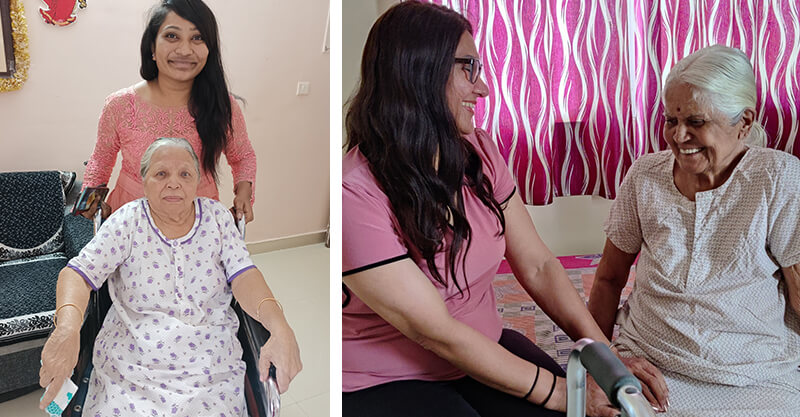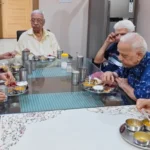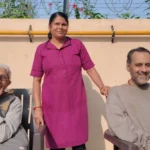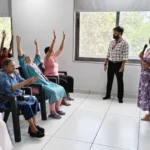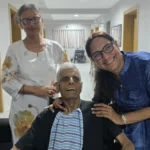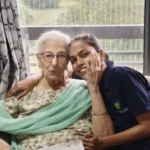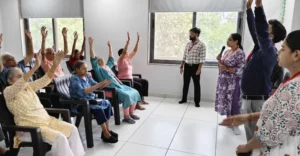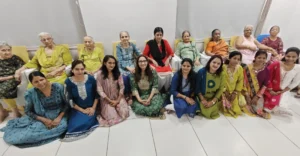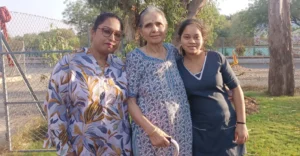Palliative Care
Palliative Care is often associated with a terminal illness, but it is a systematic and organized approach to optimizing the quality of patients’ life. This care is needed when the diagnosis is profound, complex, or spread to multiple functions. It often requires a multidisciplinary approach that needs informed action-based steps on medical advice, a high level of compassion, good listening skills, and empathy for the one suffering. Physical ailments in this care include chronic diseases such as cardiovascular, cancer, chronic respiratory diseases, diabetes, neurological conditions, etc. Care extends beyond managing the physical distress with medication to emotional and spiritual support. Even palliative care for kidney failure in the elderly is often in demand. The need is likely to go on a consistent rise in the coming times, and we need more assisted living facilities.
Palliative Care for Elderly at Home – Tips to consider in 2024
Palliative care includes managing pain and symptoms like nausea, loss of appetite, depression, giddiness, immobility, inability to communicate, etc. The focus is on providing relief from the symptoms and stress of illness. While ideally, it requires a specialized team of doctors, nurses, and other specialists, if long-term, one needs to manage it at home or in an assisted living facility. If one has the time-bandwidth or available family members who are always at home and care, then home is the best place for them. But today, it is hard to cope as the financial responsibility of care also needs to be considered. Hence, more and more people are exploring Assisted Living Facilities for this care.
7 tips to consider in 2024
- Keep a well-ventilated and clean room spare at home, considering their days confined in the room, or restricted to bed. It is crucial to keep them in a healthy environment.
- There need to be medical arrangements like doctors on call and nurses when required to give injections or administer any medical procedures.
- A full-time caregiver or family member is always present to keep them hydrated, feed, bathe, and give medicines on time or be a companion to talk to.
- Keep them on a hospital bed to prevent falls and constantly check for bed sores.
- Keep their hair short and keep them in comfortable clothes for easy grooming and changes.
- Help them reflect on their lives and express their wishes by constantly talking to them and helping them fulfill them based on possibility.
- Surround them with things or visuals that release happy hormones. It may vary from person to person, like music, dogs, kids, aromatic diffusers, religious chants, spiritual talks, etc.
PapayaCare – Why is It Best for Elderly Palliative Care? – 5 Reasons to Consider
Palliative Care needs an ecosystem of experience, specialized skills, and compassion. At PapayaCare, we have experience of more than six years of, but also the medical skills, patience, and constant monitoring protocols in place to achieve the level of care needed for elderly and palliative care. Five reasons to consider PapayaCare for senior these care are:
- This assisted facility has such care for elderly patients with a nurse on duty 24*7 who will not only administer medicines on time but also understands the needs of non-verbal, non-communicative, or bedridden residents.
- PapayaCare is well equipped for such care for older adults in a comfortable away hospital environment, be it the medical equipment, customized diets, or having doctors on calls.
- The focus is on keeping the quality of life intact and their physical state as comfortable as possible with nutritious food and timely medicines. Also, engaging the minds through various activities, conversations, and social mingling is well-charted.
- It has a round-the-clock team of caregivers who assist them in bathing, feeding, housekeeping and grooming.
- There is a constant flow of people around them, whether nurses, caregivers or managers. The feeling of loneliness is minimal and emotional health is taken care of.
Conclusion
Palliative care of the elderly is not walking towards the sunset of life or the end of the road. It is about making the journey comfortable with good roads, views, navigation, company, and small joys. It needs to be a process that makes life easier and more comfortable. Here along with medication, we take care of emotional challenges. Assisted facilities like PapayaCare that provide senior palliative care are a boon to families who have the most interests of their dear ones in their hearts. There is peace of mind that they are continuing with the quality of life they deserve.

